From Damascus
Amid the bomb-torn rubble of the destroyed Yarmouk Palestinian refugee-camp in the south of Damascus, Aeham Ahmad played the piano to send a message of hope: “Music gives comfort, courage and joy also when terror and anguish darken our future.” Now a world famous pianist, he found refuge in Germany a year and a half ago. When he arrived he received the prestigious Beethoven Prize in Bonn in recognition of his commitment for “human rights, peace, inclusion and the fight against poverty” and started performing in theatres across Europe (the Italian tour will begin on January 6 in Locorotondo, Bari).

When he was living in Yarmouk, a Palestinian refugee camp south of Damascus, Ahem Ahmad responded to the deadly hiss of the bombs with the engaging notes of the piano that he pushed on a cart along the rubble-covered streets. He would start playing right there, amidst the devastated buildings, to send a message of hope: “Music gives comfort, courage and joy also when terror and anguish darken our future”, he said. The outbreak of the civil war, then ISIS: Syria has been without peace since 2011 and Ahmad – Muslim, born in Damascus in 1988 – has become the symbol of his land and a living legend. Famous worldwide as the “Yarmouk pianist”, he took refuge in Germany a year and a half ago. Upon his arrival he received the prestigious Beethoven Prize in Bonn in recognition of his commitment for “human rights, peace, inclusion and the fight against poverty” and started performing in theatres across Europe (the Italian tour will begin on January 6 in Locorotondo, (near Bari).
What is the most precious thing you left in Yarmouk?
My parents; I hope that one day they will manage to join me, and my brother, of whom we lost trace over four years ago. He is 24; he used to work as a carpenter and was imprisoned for no reason. He was not a fighter and we don’t know in which prison he is being kept, nor if he is still alive.
How is your life in Germany?
Here I lead a good life, and it’s been even better in the past months. Finally my wife and our two children, aged 2 and 4 are here with me. I was in a state of deep suffering owing to their absence, fearing the dangers they were exposed to.
How did you overcome that difficult period?
Thanks to a twofold form of support: the solidarity and the warm welcome of this Country, to which I am deeply grateful for their dedication to the cause of Syrian refugees; and the affection of many friends who had already settled down here. Their enthusiasm encouraged me to follow them and I’m glad I took that decision. Germany has saved my life.
Why?
The Islamists forbid music in the spring of 2015.
I need to practice at least four hours a day. Thus I practiced in the most devastated neighbourhoods of Yarmouk; it was a way to help calm things down and keep up the spirit in the refugee camp, with a few thousands people left in the lurch.
Had I stayed in Yarmouk they would have killed me. They even set my piano ablaze before my own eyes.
When did your passion for music begin?
It started when I was a child. I took it after my father, who used to play the violin in spite of his blindness. He enrolled me in music school when I was only five. I obtained a diploma at the Conservatory of Damscus at the age of 23, and I started teaching.
From teacher to international star. Was this your goal?
No. I never aimed at success. In fact, the satisfaction of publishing my first album (Music for hope in 2016, ed.’s note) and perform before breath-taking audiences – in Munich, for example, in 2015 his concert was attended by 45 thousand people – is indescribable. But my only dream has always been to dedicate myself to children, transmitting them the love for notes and music, making them understand the importance of availing ourselves of the exceptional power of music.
Which is…?
Music is an extraordinary peace-builder; its universal language reaches straight to the heart and brings down barriers of separation. Not only, I consider it a formidable medicine for the body and for the soul. I strongly believe that 30 uninterrupted hours of Bach would heal even the soul of the cruellest villains.
Who is the your favourite composer?
Beethoven, as crazy as me; and a true revolutionary. He revolutionized the classical tradition and broke every rule to create the romantic style. He inspired my modest attempts to bring peace through music, and when I feel disoriented I find solace in the Ninth Symphony. The Ode to Joy fills me with energy and hopefulness.
Speaking of hopefulness: do you think that the war in Syria will soon come to an end?
I’m afraid the answer is no. Some groups are still engaged in armed struggles. There is water shortage in Damascus, and I’m extremely worried for my people who are on their last legs, innocent victims of economic interests. As always,
War is a question of money, of oil and weapon businesses. As always, religion has nothing to do with it. Muslims and Christians live together in harmony.
But now they are living together in terror, victims of violence and oppression.
If peace was reached tomorrow, what would you do?
I would leave immediately. With great joy I’d go back to teaching music and preparing falafel. In fact, in addition to playing the piano, I used to distribute falafels on the streets. My brothers were starving and I would find them in the same tragic conditions if I were to return today. How could I not do everything possible to help them survive?